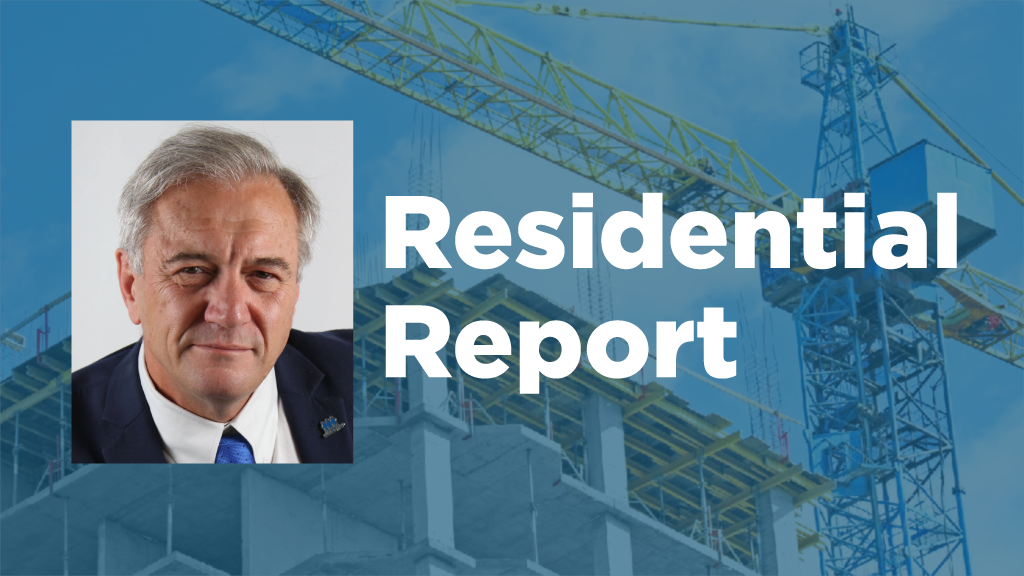We are presently facing the worst housing crisis in a generation and need to pull out all the stops to remove impediments to the construction of new homes and condos and restore affordability to the market.
That task will only be made more difficult if the province extends the time for processing and marking utility locates on construction sites. Prolonging the time allowed for locates in Ontario will only present more challenges to the residential construction industry and further exacerbate the housing crisis.
Timely locates are a critical part of the homebuilding process. Any delays will only add to the cost of building a new home and result in homes taking longer to build. Developers and builders can not afford to sit on their hands waiting for the Ontario One Call utility locates system to do the work.
The Ministry of Public and Business Service Delivery (MPBSD) is presently holding consultations over a proposed new regulation that would extend the time for standard locate requests. The current system legally mandates locate requests be responded to within five business days. However, we understand that the minister has, in fact, approved regulations to extend the time limit to 10 business days.
This would be a colossal mistake and is yet another example of the many things that are slowing housing construction.
The processing and marking of locates is a critical component of any construction project and lengthening processing times would only add a further obstacle for residential construction projects to overcome.
This, at a time when Ontario is experiencing the most significant housing affordability and supply crisis in its history.
Even with the five-day timeframe for locates, it’s not uncommon for approvals to take much longer. Already, 85 per cent of locates are late.
Data shows 49 per cent of call tickets took longer than 15 days, with only 14 per cent being completed within the legislated five-day timeline.
It costs money every day a project is delayed. Each hour of idle time in the sewer and watermain sector can result in $1,000 or more in additional costs. The figure is $10,000 per day in the roads sector.
Despite the existence of punitive measures, not one fine has been issued in Ontario. Extending the timeframe to 10 business days just moves the needle in the wrong direction if you’re trying to build more housing.
It would make more sense for the province to make improvements to the system and bring it in line with almost every other jurisdiction on the continent. Our present five-day timeline for locates is already well beyond those of other jurisdictions. Many jurisdictions manage to process their locate requests in three business days or less.
RESCON has deep concerns about any move to extend the timeline for locates. We previously expressed those concerns in a submission to the province and called for a reduction to three days. We have made another submission to the public safety and operations policy branch of the MPBSD.
As a provincial association that represents members who build 80 per cent of Ontario’s homes, we have once again laid out how moving the yardsticks will affect residential construction. We also noted Ontario’s proposal is in contrast to much shorter processing times for other jurisdictions across Canada and the U.S.
In British Columbia, for example, builders receive a map or drawing, or will have the ground marked with paint or flags indicating where utilities are buried within three business days of providing notice of a dig. In Quebec, the same three-day rule applies once a builder transmits a locate request.
In the U.S. an 811 centre sends information that is provided by a builder about a dig site to operators who typically have two business days to locate and mark underground utilities.
In Virginia, the rules state once a request is submitted, marking will be completed in approximately three business days.
In California and Florida, locates for underground utility lines are provided within two business days of property owners and excavators contacting the 811 site.
RESCON wants the three-day mandate to be legislated and come into effect on Jan. 1, 2025. This would provide time for appropriate consultation.
Stakeholders in the residential construction industry are committed to fulfilling all their obligations when it comes to securing locates but find it difficult when they’re not done in a timely manner.
The housing crisis is real and getting worse. Our population is increasing but new housing starts are heading in the other direction. Young people are leaving our cities due to the fact housing is unaffordable.
Any delays in the building process will only make matters worse.
Richard Lyall is president of the Residential Construction Council of Ontario. He has represented the building industry in Ontario since 1991. Contact him at media@rescon.com.







Recent Comments
comments for this post are closed